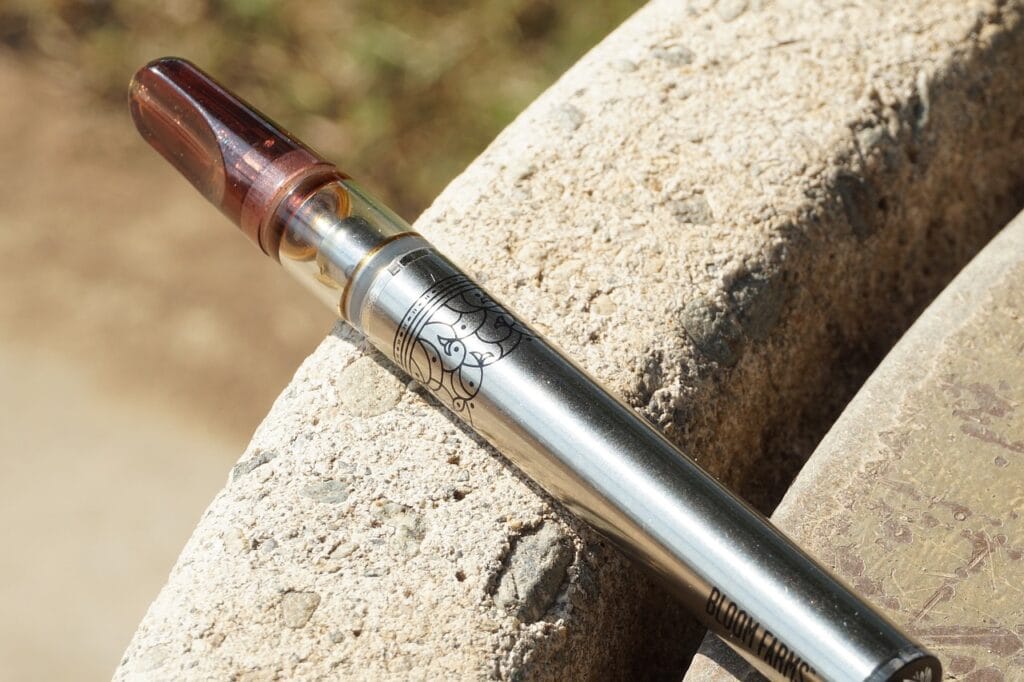Cannabis has historically been stigmatized due to its effects, but it is now gaining recognition for its potential in various medical fields. In recent years, there has been a significant increase in research into the therapeutic properties of cannabis, particularly regarding its benefits for neurological conditions.
Beyond its well-known uses for stress relief, alleviating depression, and improving sleep, cannabis shows promise in addressing a range of neurological disorders. This article explores five such conditions and examines how a cannabis or cannabis can play a role in their therapeutic applications.
Table of Contents
Key Takeaways:
- Certain cannabinoids and terpenes exhibit unique effects on various neurological disorders.
- Linalool, myrcene, and limonene possess anti-convulsant properties.
- Equal amounts of THC and CBD, along with other cannabis compounds, have potential in cancer treatment.
A Natural Approach to Managing Neurological Disorders
Addressing the complexities of conditions such as Alzheimer’s disease (AD), brain tumors, Parkinson’s disease (PD), intractable epilepsy, and chronic traumatic encephalopathy (CTE) or traumatic brain injury (TBI) varies based on individual patient needs and the extent of their condition.
Cannabis is a Viable Treatment Option
Epilepsy
The endocannabinoid system influences the seizure threshold. THC, in particular, can effectively stop seizures, unlike phenobarbital and diphenylhydantoin. Animal studies have shown acute spikes in endocannabinoid production and a sustained increase in CB1 production over time. The anti-convulsant properties of cannabinoids have been observed even at levels below sedation.
THC, THCA, and linalool, a terpenoid found in cannabis, have been subjects of scientific exploration. Recent findings also highlight the anti-convulsant properties of cannabidiolic acid (CBDA), suggesting it has serotonergic effects.
If you are looking to explore cannabis vape pens to help with your condition, seek products that contain THC, CBD, THCA, or Linalool.
OneStop – THC Distillate Disposable Vape pen Skittlez features linalool as one of its main terpenes with 16 to 21% THC.
Brain Tumors
Multiple studies have explored the use of cannabis in patients with diagnosed brain tumors. A study published in the British Journal of Cancer found that administering THC directly into tumors in patients with glioblastoma multiforme (GBM) slightly extended their lives beyond expectations in several cases.
THCA, acting as a peroxisome proliferator-activated receptor-gamma (PPARγ) agonist, shows promise in targeting cancer cells selectively while leaving normal cells unharmed. The synergistic effects of THCA with other cytotoxic agents underscore its potential in cancer therapy.
Parkinson’s Disease
An observational study revealed that many patients tolerated smoked cannabis, presumably THC-predominant. The study highlighted acute benefits, including improvements in tremor, rigidity, and bradykinesia among participants.
Nabiximols, a cannabis-based oral spray, significantly reduced tangles when researchers administered it to mice. This treatment improved dopamine metabolism and reduced oxidative stress levels.
THC vape pens like cannabis can be a great option if you are looking to improve tremors.
Alzheimer’s Disease
Alzheimer’s disease (AD) involves creating senile plaques from β-amyloid (Aβ) proteins, which form when enzymes split a precursor protein. CBD acts as a protective antioxidant for the brain, interacting safely with NMDA receptors.
In a study, patients received THC-predominant, CBD-predominant, and THCA, primarily administered through tinctures and confections, experiencing various benefits.
Traumatic Brain Injury / Chronic Traumatic Encephalopathy
Cannabis, particularly chemovars combining THC and CBD, can alleviate symptoms associated with CTE, including headache, nausea, insomnia, and agitation.
Want to Use cannabis for Your Current Condition?
Engaging in cannabis use is widely adopted to reap its benefits. If you’re looking to sidestep potential health risks linked to traditional methods, cannabis vapes present a viable alternative.
Canada Wide Weed Shop offers various options to help you find the best vape pen for your needs. You can choose based on the pen type, including disposable vape pens, and whether you prefer Sativa-dominant or Indica-dominant cartridges with high THC.
Frequently Asked Questions
Can a dab pen provide the same experience as a vape pen?
A dab pen and a vape pen both vaporize cannabis concentrates but differ in intensity and usage. Dab pens are for solid concentrates like wax and produce a more intense effect, whereas vape pens use liquid concentrates for a milder experience.
Are THC pens cheap?
The average cost of a cannabis pen is approximately $50, with options ranging from $20 to $200 or more.
Can my current medication interact with the active ingredient in my cannabis vape?
It will depend on your prescription drug. Consulting your doctor before adding cannabis to your current regimen is advisable.
Are cannabis pens the best alternative when treating health issues with cannabis?
Weed pens offer a cleaner way to use cannabis without smoke, making them a popular choice for people looking for discreet options to help with health issues.
Related Articles:
“`



